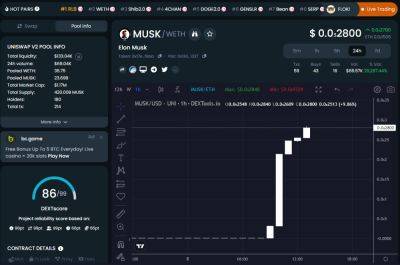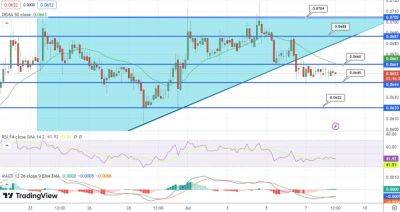EU MiCA and its takeaways for VDA regulations in India
Crypto Assets (MiCA) Legislation, a first-of-its-kind framework for regulating crypto-assets. The legislature had been in consultations for over two and a half years before it was finally accepted by the European Parliament as a comprehensive set of regulations for the crypto ecosystem in Europe. MiCA came into force in May 2023 after receiving formal approval from the European Council.
Member of European Parliament, Stefan Berger – who has been the lead for incorporating MiCA regulation in Europe – explained that the law will protect consumers against fraud, provide security and bring about standardization of the crypto-asset industry in the region. This development is not only beneficial to the industry but also gives the EU a significant advantage and fits into its vision of becoming a global leader. MiCA, once put into action, will have a broad scope of application within the crypto ecosystem.
It will encompass 10 categories of Crypto Asset Service Providers including exchanges, trading platforms, wallet providers, and advisors dealing with crypto-assets. To become a CASP, a provider will have to obtain a license or “authorization” and must apply to the relevant “competent authority.” The regulation also defines Asset Categories and their issuers. The categories covered under MiCA are – Crypto Assets, Utility Tokens, Asset-referenced Tokens, and E-money Tokens.
This broad inclusion into the regulation makes MiCA forward-looking and sets the foundation for encompassing future categories. Web1 and Web2 have primarily been West-driven phenomena. In the past few decades, all social and even political narratives have been influenced, if not shaped, by these platforms.
Read more on economictimes.indiatimes.com

 economictimes.indiatimes.com
economictimes.indiatimes.com




















